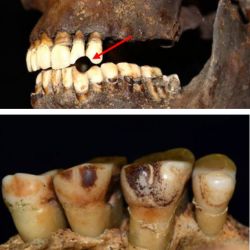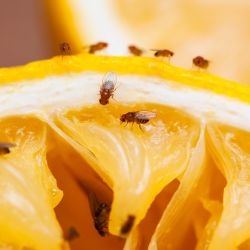Northumbria expands results day support for students
Northumbria University is expanding and enhancing the support it provides to students receiving…
International
Northumbria’s global footprint touches every continent across the world, through our global partnerships across 17 institutions in 10 countries, to our 277,000 strong alumni community and 150 recruitment partners – we prepare our students for the challenges of tomorrow. Discover more about how to join Northumbria’s global family or our partnerships.
View our Global FootprintBusiness
The world is changing faster than ever before. The future is there to be won by organisations who find ways to turn today's possibilities into tomorrows competitive edge. In a connected world, collaboration can be the key to success.
More on our Business ServicesResearch
Northumbria is a research-rich, business-focused, professional university with a global reputation for academic quality. We conduct ground-breaking research that is responsive to the science & technology, health & well being, economic and social and arts & cultural needs for the communities
Discover more about our ResearchAlumni
Northumbria University is renowned for the calibre of its business-ready graduates. Our alumni network has over 253,000 graduates based in 178 countries worldwide in a range of sectors, our alumni are making a real impact on the world.
Our AlumniProcessed meat and your health: what is all the fuss about?
Daniel Commane 18/05/23
Meat processing, the salting, drying, curing, smoking, chemical preservation of meat is an ancient practice, and arguably in its day it was a great boon for public health. In times gone by, these practices improved food security by stabilising a valuable product that would otherwise rot quickly post slaughter. If hunger was a constant companion through most of human history, food borne disease was certainly a co-traveller; the cooking of food was one solution to the problem of microbial contamination, but of itself it does not remove microbial toxins such as botulinum that may accumulated in infected foods. The beauty of meat processing was thought to be that it not only increased the shelf life of the food but in lowering the pH and displacing water with salt the growth of toxin producing organisms might be stopped. Indeed Clostridium botulinum, though common in our environment, is a rare cause of death these days, and processed meats tend to be consumed instead for culinary reasons.
In place of hunger and food borne illness, we are now much more likely to succumb to age related disease, cancer, diabetes, heart disease and so on. The bad news for connoisseurs of charcuterie, anti-pasti and the good old bacon butty, is that when we study the effects of diet on trends in disease in large scale population studies processed meat consumption emerges consistently in each of these conditions, in fact IARC now lists processed meat as a grade 1 human carcinogen. These studies are always criticised for presenting evidence of association rather than causation. And proponents of processed meat might argue that when we observe the intake of cheaper meat in a population we might just be capturing otherwise poorer dietary patterns.
However, mechanistic studies reinforce the observational data. Our own recent mycomeat study compared the effects of consuming red and processed meat daily for two weeks to consuming mycoprotein. When the volunteers consumed the meat, we saw a significant increase in the production of DNA damage inducing chemicals in the gut. Others have noted reductions in cholesterol and the high level of sodium in some of these products may increase blood pressure.
What to eat
Most of us could do with eating a little bit less meat in total, white meat and fish is safer.
When choosing red meats, choose cleaner cuts and higher quality produce where it is affordable. When cooking, avoid charring and blackening of meat produce as this creates its own set of nasty chemicals.

Northumbria University is expanding and enhancing the support it provides to students receiving…

With the global population expected to reach 10 billion by 2050 and crop yields declining annually,…

An Assistant Professor at Northumbria University won the Royal Society of Chemistry’s Award…

Researchers from Northumbria University have discovered that smokers have tell-tale signs of…

Northumbria University has been named Higher Education Institution of the Year at a prestigious…

Two biomedical sciences researchers from Northumbria University have been awarded grants to…

The Spring 2025 edition of Northumbria University’s newspaper is available to collect on campus…

Scientists have discovered that flies can demonstrate play-like behaviour – the first time…